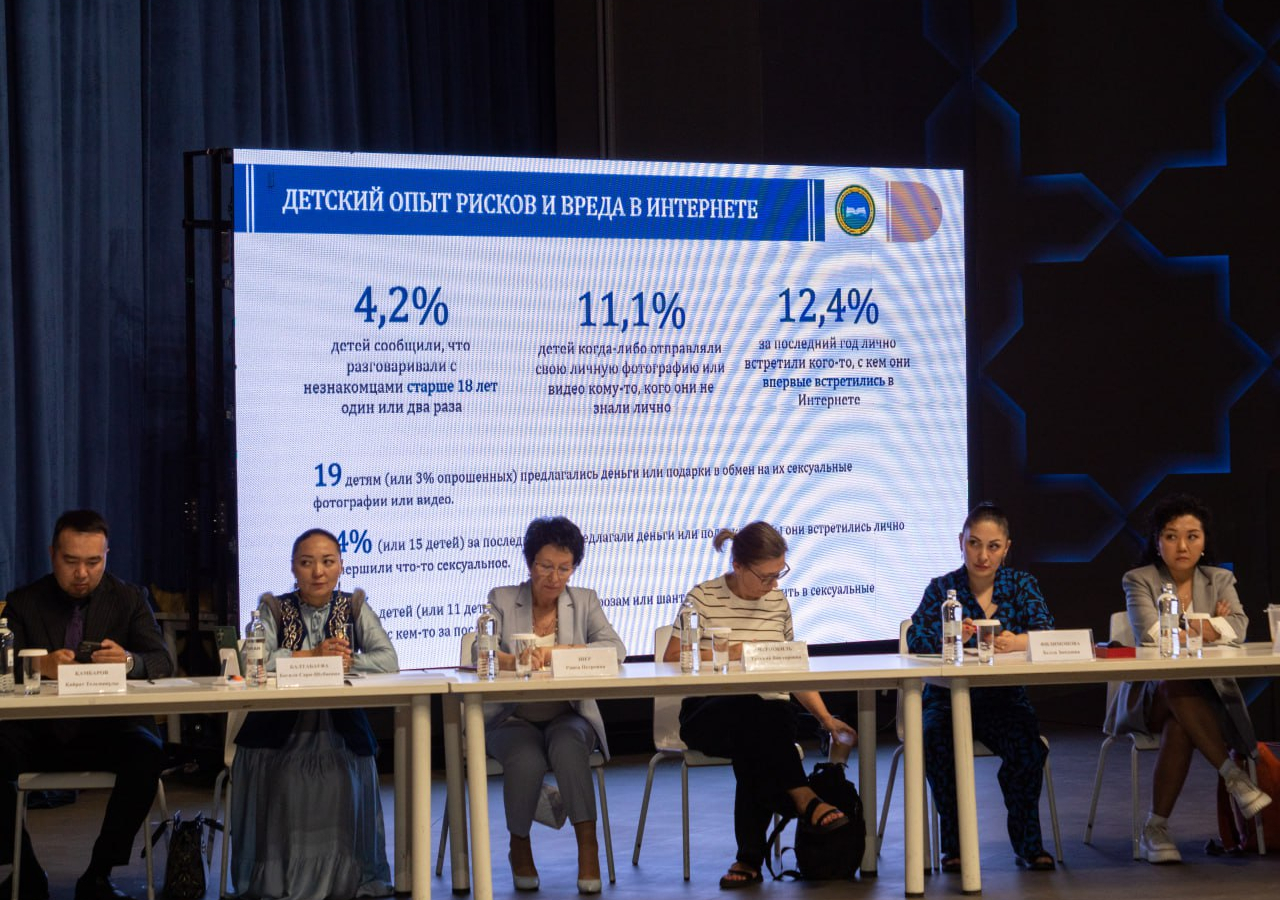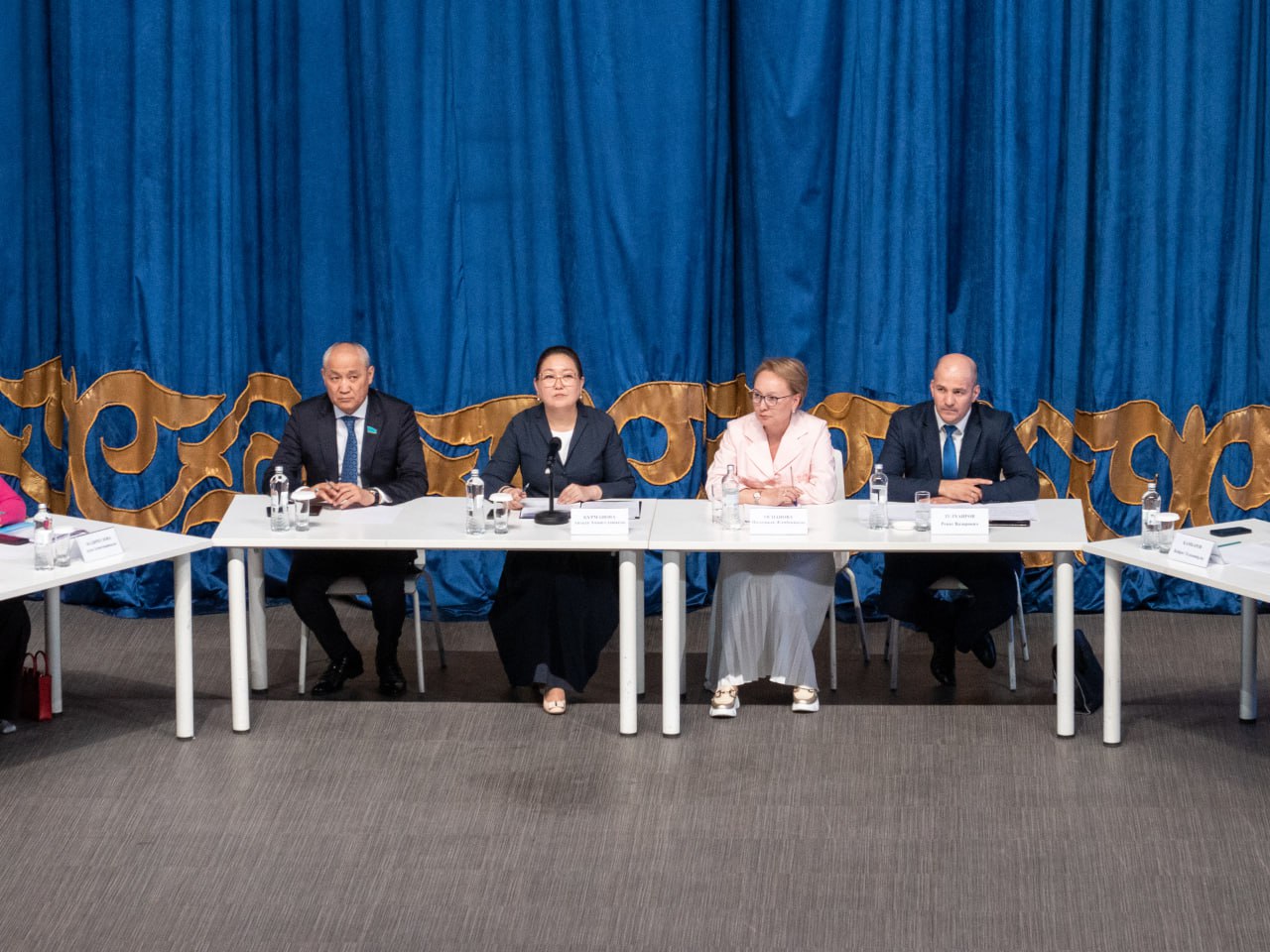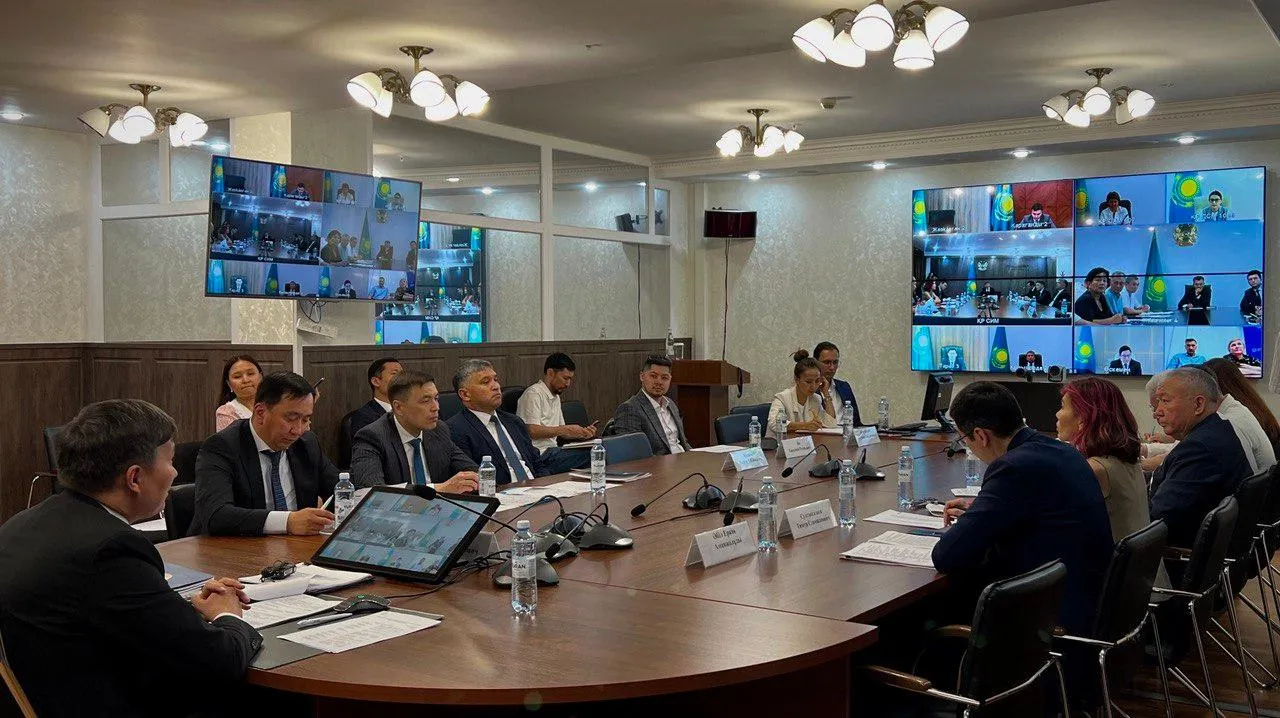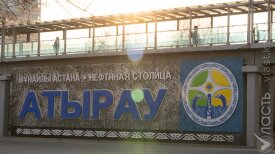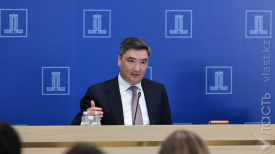- ВКонтакте
- РћРТвЂВВВВВВВВнокласснРСвЂВВВВВВВВРєРСвЂВВВВВВВВ
In April 2024, Kazakhstan’s government launched a new service: An online petition platform for the public to propose topics to be considered by lawmakers. Since then, epetitions.kz has garnered more than 70 petitions, four of which were reviewed by government representatives.
The review process caused mixed reactions among the public. In social networks, citizens wrote that some petitions (namely the one proposing a ban on “LGBT propaganda” and the one that would ban officials from gambling) obtained the required 50,000 signatures at an unfathomable pace. Plus, the ones that are on the government agenda are considered with more attention and priority compared to the ones that received more genuine support from the public (such as the request to return to two time zones and the abolition of a controversial recycling fee).
For certain petitions, the government also implemented public resources, so as to reach the 50,000 threshold faster. Sources told Vlast how public sector employees and students were forced to support petitions to ban “LGBT propaganda” and to ban officials from gambling.
In addition, electronic petitions are unlikely to become a way to expand citizens' participation, political analysts told Vlast. The way the system is currently designed, in fact, promotes decisions made in advance by the government and only gives the illusion of mass support.
“The institute of electronic petitions creates only an appearance of public participation in government decisions. This also allows [President Kassym-Jomart] Tokayev’s administration to promote certain controversial initiatives on behalf of society", political analyst Dimash Alzhanov told Vlast.
Citizens’ requests are strictly filtered from above. The authorities independently decide which requests to allow for moderation and which ones to reject. They also decide at their own discretion whether to approve or reject a petition without consulting the citizens.
“The authorities are using petitions to the detriment of society. The people expressed their position against the recycling fee and the time zone. Through online petitions, the government manages to keep people with these demands off the streets,” human rights activist Tatyana Chernobil told Vlast.
Paperlab researcher Kamila Askhat said this process of turning citizens into passive observers is made worse because of the complicated rules for holding rallies.
“It is convenient for the government to redirect protest movements from the streets to the digital space in order to make people less politically active. And people get a false sense that they can achieve a lot by simply reposting on social networks,” Askhat told Vlast.
The Limits of the Reform
According to Chernobil, the government first considered launching online petitions in February 2020. At that time, the government planned to introduce new rules for holding peaceful assemblies.
“I was at a public discussion when one of the participants said: ‘It would be great if peaceful meetings were held online’. Dauren Abayev, the minister of information at the time, was absolutely delighted with this idea," Chernobil said.
The onset of COVID-19 and the unrest of January 2022 delayed a full implementation of online petitions. In the meantime, people used a variety of platforms, from local to international to launch petitions on a variety of topics, from the need to toughen penalties for domestic violence to renaming the capital.
Government agencies said that they saw the petitions, but would not respond to them, since there was no official platform yet.
The ePetition.kz platform was officially launched only in April 2024. Petitions must pass preliminary moderation and collect 50,000 signatures to be officially considered.
Since April, about 70 petitions have been launched. According to the platform's rules, after collecting 50,000 signatures, the petition must be reviewed by the government within 40 working days.
Only four passed the 50,000-signature mark: The one to ban officials from gambling and the one to ban “LGBT propaganda,” were the only ones to receive at least partial government support. The other two, looking to abolish the recycling fee and return to the previous time zone, were rejected by the government.
The arbitrary process of selecting and supporting petitions raises many questions, according to Chernobil. The government, in fact, plays the role of final authority for decision-making.
Moreover, petitions are inherently flawed, since the government can always reject them. Proposals to return the time zone or abolish the recycling fee, for example, were aimed at reversing decisions for which the government had already spent public resources.
"It is unlikely that the government will walk back from these changes. Otherwise, the leadership will show that all the work was in vain," Chernobil emphasized.
Forced Signatures
Alzhanov believes that the government is using petitions against democratic processes. The petition to ban “covert and open LGBT propaganda in Kazakhstan,” was launched by the Union of Parents of Kazakhstan, a well-known group of conspiracy theorists, anti-vaxxers, and reactionaries. They suspiciously managed to gather more than 50,000 signatures in just 12 days.
"The initiative contradicts the law that prohibits considering petitions that could lead to human rights violations. The government and the presidential administration have essentially demonstrated that, if necessary, such abuses can be carried out," Alzhanov said.
Vlast confirmed the authorities' bias in considering this petition by speaking with several people who said they received orders to support certain petitions, both at government institutions and at the Amanat ruling party.
During an internship at Amanat in Astana, Madiyar* and other interns were persistently asked to sign a petition to ban “LGBT propaganda”. The party higher ups argued that this would demonstrate their civic position.
Party representatives also called their members, mostly working at various state and public-private companies.
“They openly said that the trade union leaders could collect the digital signatures of their employees and sign the petitions for them,” the intern told Vlast, adding that an Amanat cadre confirmed to him that the party supports the ban on “LGBT propaganda”.
Madiyar believes that the content of the petition implies an illegal discrimination.
"Propaganda is the distortion of facts, lies, through the manipulation of consciousness. It seems to me that this concept applies more specifically to those who created this petition," he said.
Vlast asked Amanat in June about the party’s seemingly active support for the petition. The ruling party never answered.
In their public interventions, parliament deputies from Amanat actively spoke out in support of the petition.
“Party members, like all Kazakhstanis, have the right to express their personal opinions and participate in public initiatives on a voluntary basis,” Amanat stated.
The party also emphasized that it advocates for strengthening traditional family values and preserving public morality, and pays special attention to "preserving and protecting the uniqueness, identity and traditions of the Kazakh people." For this reason, Amanat recalled, its deputies have already proposed to "limit the propaganda of non-traditional relationships."
A clinic worker says she was on the list of those who were supposed to vote to ban “LGBT propaganda,” but she managed to refuse.
She also provided the recording of a voice message from her management demanding that she sign the petition and send a screenshot. In the recording, the manager can be heard saying that they needed to gather 100 signatures.
Speaking on condition of anonymity, the health worker also believes that the petition violates the constitutional rights of queer people, who are persecuted and harassed in Kazakhstan simply because of who they were born as.
“The fact that they signed it by forcing employees of state and quasi-state organizations means only one thing: this ban is only needed by the authorities; ordinary people, for the most part, don’t care,” she added.
Alina* works in one of the private schools in the Turkistan region, where teachers were sent the same petition in almost all work chats and asked to sign it.
"An order from the deputy director was enough. In their voice note, they said that each school needed to provide at least 10-12 votes," she said.
Alina also considers the petition's demands to be wrong: "How can you ban something that a person does not choose? I explained to my children a long time ago that people are different, and same-sex relationships can also be normal."
But, she notes, many people respond: “Oh, I wouldn’t want my child to witness same-sex relationships.”
In response to an inquiry by Kursiv media, several regional governments stated that they did not order that teachers and doctors sign the petition.
Why petitions?
Alzhanov argues that the institution of online petitions was introduced in Kazakhstan to create the appearance of a more direct political process, to give society a limited and illusory channel for interaction with the government and local authorities. Certain undemocratic institutions, for example, are not up for debate.
"You can’t ask for fair and competitive elections, or for the election of the governors through a petition," explained Alzhanov.
Askhat, who focuses on online petitions at PaperLab, told Vlast that this system was created to prevent real public mobilization.
"Online petitions had been used in the past by citizens as a way to construct their own agenda. The most striking petition was the one against domestic violence, which collected 150,000 signatures. It created a collective feeling that a lot can be achieved with online tools," the researcher said.
However, with the advent of e-petition.kz, petitions have become a way to depoliticize people in order to minimize their desire to hold real mass gatherings.
"Petitions are a way of moving protests from offline to online. This was accompanied by changes in the rules for organizing rallies. For the authorities , this tool is especially against the backdrop of the events such as Qandy Qantar. After major political upheavals, expressing public protest through digital channels seems safer," Askhat argued.
According to Alzhanov, Kazakhstan lacks basic democratic institutions that would empower the tool of online petitions. Kazakhstan, for example, does not have an independent parliament that would respond to the demands of society.
"The petition mechanism is not democratic and cannot lead to such changes. Without government accountability to society, without transparency in decision-making, and without democratic mechanisms for protecting the rights and interests of citizens, the petition institution will only be an instrument of abuse and manipulation," Alzhanov told Vlast.
*Note: for fear of retaliation, several sources asked to speak anonymously or that we changed their name before publishing.
Читайте этот материал на русском.
Поддержите журналистику, которой доверяют.
